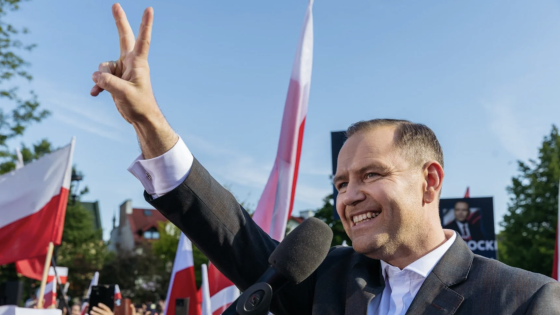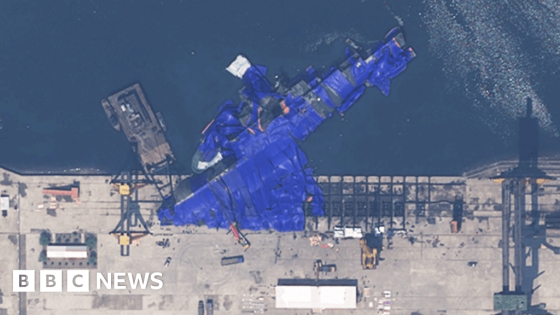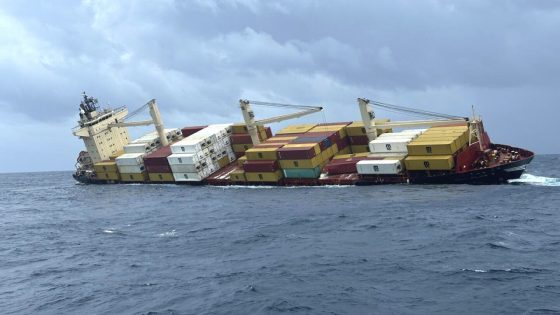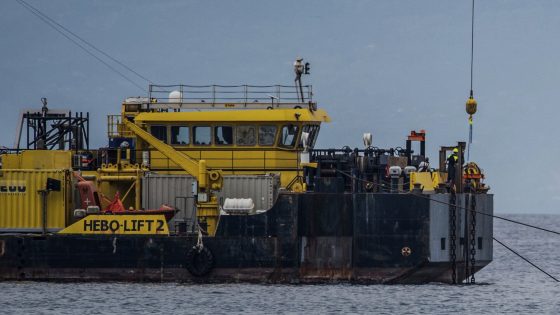Germany has ramped up Baltic Sea surveillance amid rising tensions linked to suspected Russian sabotage activities. German Foreign Minister Johann Wadephul announced these measures on May 17, 2025, emphasizing the need for vigilance against threats to underwater infrastructure.
- Germany increases Baltic Sea surveillance efforts
- Wadephul warns of Russia's "shadow fleet"
- Hybrid threats countered by NATO and EU
- Recent incidents include cable severing and jamming
- EU to impose further sanctions on shadow fleet
- 84% of Russian oil exports via Baltic Sea
Wadephul highlighted concerns regarding Russia’s so-called “shadow fleet,” which allegedly plays a role in damaging cables and pipelines in the region. He stated, “We, as neighbors, NATO and the EU, are countering hybrid threats with all our might,” indicating a united front against these growing security risks.
This escalation raises important questions about regional security and international cooperation. How can nations effectively combat hybrid threats? What measures will be taken to ensure the safety of critical infrastructure?
- Increased patrols are being implemented in the Baltic Sea.
- The EU plans to impose further sanctions on vessels linked to Russian oil transport.
- 84% of Russia’s crude oil exports transit through this strategic area.
As nations navigate these complexities, it is crucial to foster international collaboration and develop robust strategies to safeguard vital maritime routes.
































